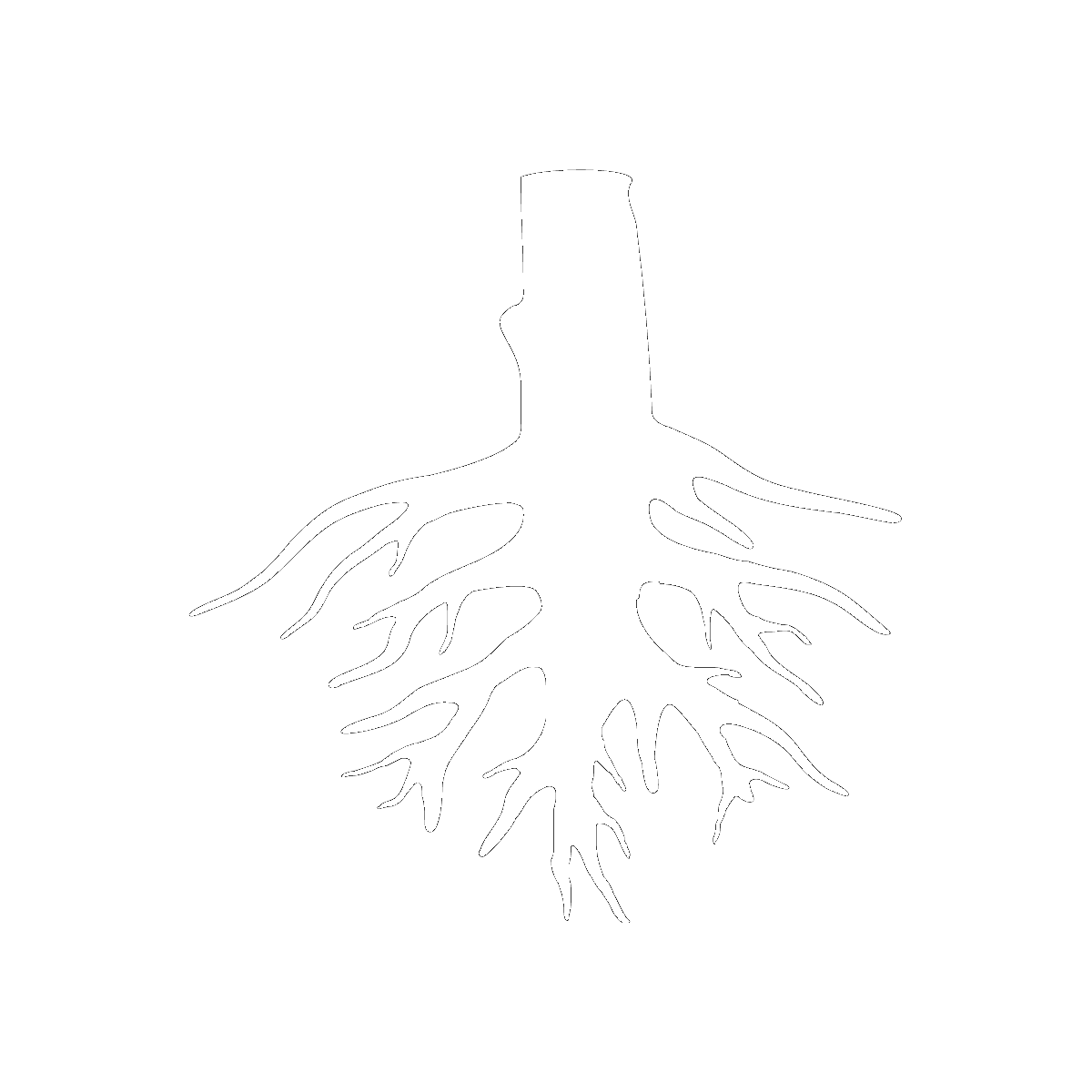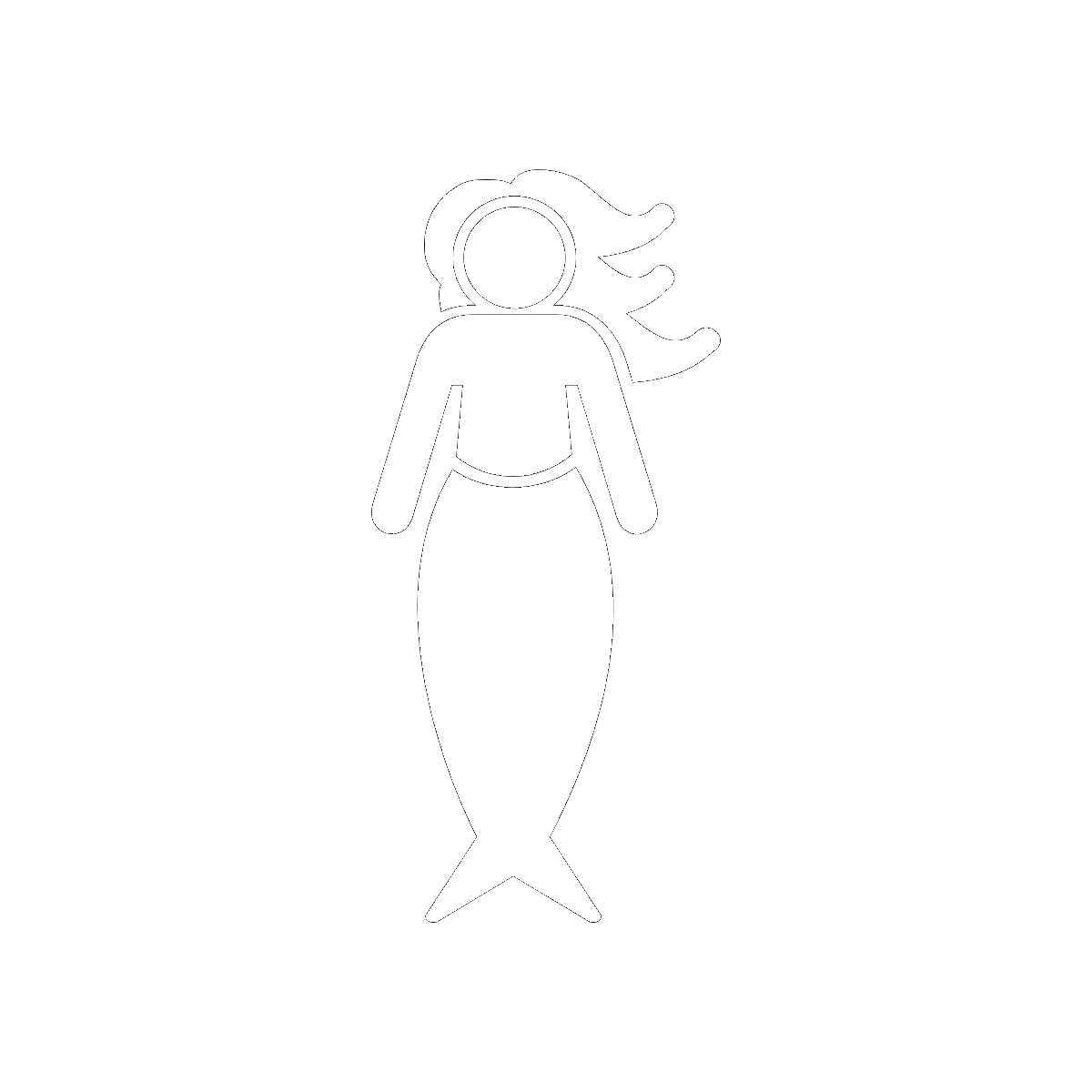The Full Text of “Song: Go and catch a falling star”
1Go and catch a falling star,
2 Get with child a mandrake root,
3Tell me where all past years are,
4 Or who cleft the devil's foot,
5Teach me to hear mermaids singing,
6Or to keep off envy's stinging,
7 And find
8 What wind
9Serves to advance an honest mind.
10If thou be'st born to strange sights,
11 Things invisible to see,
12Ride ten thousand days and nights,
13 Till age snow white hairs on thee,
14Thou, when thou return'st, wilt tell me,
15All strange wonders that befell thee,
16 And swear,
17 No where
18Lives a woman true, and fair.
19If thou find'st one, let me know,
20 Such a pilgrimage were sweet;
21Yet do not, I would not go,
22 Though at next door we might meet;
23Though she were true, when you met her,
24And last, till you write your letter,
25 Yet she
26 Will be
27False, ere I come, to two, or three.
-
“Song: Go and catch a falling star” Introduction
-
John Donne's "Go and catch a falling star," first published in 1633, is a fantastical take on a traditional (and misogynistic) theme: women's supposedly inevitable infidelity. In the poem, a speaker tells a listener that he can look the whole world over, but finding a woman who'll be faithful to him is about as unlikely as finding a mermaid or meeting the devil. The poem's rhyme scheme, relatively steady meter, and clear hyperbole make its tone feel light-hearted and satirical, but the speaker also seems to harbor genuine melancholy, bitterness, and cynicism towards women and relationships.
-
-
“Song: Go and catch a falling star” Summary
-
The speaker directs a listener to do a number of impossible things: to catch a falling star, to impregnate a mandrake root, to find what happens to time that has passed, to discover who divided the devil's hoof into two parts, to teach him to hear the songs of mermaids or to avoid ever feeling envy, and, finally, to discover the favorable wind that might push a truthful and faithful person onward.
If the listener was born with power to see mysterious and invisible things, the speaker continues, then he should go on an impossibly long quest of ten thousand days, until he has become an old man and his hair has gone white. When he comes back from this journey, he'll have all kinds of stories about the magical things he saw, but he'll swear that among them all, he never saw a woman who was both faithful and beautiful.
If the listener does find such a woman, he should tell the speaker: it would be wonderful to journey to meet her. But no: the speaker changes his mind. He wouldn't go to meet this imaginary woman even if she lived next door. Because even if she were faithful when the listener met her, and stayed faithful long enough for the listener to write the letter describing her to the speaker, she'd inevitably have cheated on two or three lovers by the time the speaker got to her.
-
-
“Song: Go and catch a falling star” Themes
-

Women's Infidelity
The poem explores a traditional (and misogynistic) literary theme of Donne's era: women’s romantic infidelity. Using vivid images of magic and mystery, the speaker insists that a faithful woman is so hard to find, she might as well be the stuff of legends!
The speaker begins by commanding his listener to perform a series of impossible tasks, with the implication being that female honesty (or faithfulness) is in the same realm of impossibility. Some of the speaker’s tasks sound like they're right out of a fairy tale: impregnating a mandrake root (a tuber whose roots vaguely resemble a human and are often granted magical qualities in folklore), listening to mermaids, and investigating the devil’s cloven foot. These images all have transgressive and/or sexual connotations: mermaids were meant to lure sailors to their deaths, impregnating a root would take black magic, and the devil’s foot—well, it belongs to the deceitful devil.
The other tasks the speaker commands are more abstract and wistful. Seeking “past years” suggests a longing for lost time, while preventing “envy’s stinging” makes the reader suspect that the speaker might have had some painful romantic disappointments lurking in those vanished years. The final lines, asking the listener to “find / What wind / Serves to advance an honest mind” punches the point home: rewards for the faithful are as hard to find as any legendary creature.
Expanding on this idea, the speaker says that even if his listener spent an entire lifetime searching for a faithful woman, he wouldn’t find her. He imagines the listener on a visionary quest, creating a sense that the impossibilities of the first stanza might just be found somewhere. The speaker also imagines his listener has the power to see “strange sights”: a magical gift that might allow him to discover the impossibilities of the first stanza. But even if such a seer were to spend his whole life looking, he’d never find “a woman true, and fair.”
Here, the magical things of the first stanza are presented as just within the realm of possibility: a gifted person might be able to find them. However, he’d still never be able to find a faithful woman. This makes women’s fidelity even more legendary than a mermaid!
The speaker concludes by imagining that, even if his listener did find a faithful woman, that woman’s faithfulness would never last. The speaker wouldn’t bother going to see this hypothetical woman even if she were “next door,” because while she might have been faithful when the friend met her, she’d be unfaithful before the speaker could reach her. The final stanza thus moves from the magical uncertainty of the earlier part of the poem—when, after all, there’s some chance that one might see the invisible—to an earthly cynicism. The wistful romance of pilgrimages, falling stars, and magical quests is broken by the speaker’s grim belief: no one will ever find a woman “true, and fair.”
- See where this theme is active in the poem.
-
-
Line-by-Line Explanation & Analysis of “Song: Go and catch a falling star”
-
Lines 1-4
Go and catch a falling star,
Get with child a mandrake root,
Tell me where all past years are,
Or who cleft the devil's foot,The poem begins with a strange command: "Go and catch a falling star." This is only the first of a list of impossibilities that the speaker demands of his listener.
The enchanted world the speaker begins to evoke in these first four lines is one that's both melancholy and a little sinister. To catch a falling star is plainly impossible, but the image is beautiful. Similarly, seeking "all past years" is a fool's errand, but one whose success would be deeply rewarding: think of all the lost things and lost people that one might find in those years! There's a tension in these images between longing and inevitable disappointment. The imagination can conjure how wonderful it would be to catch a star or reclaim the past, but the rational mind knows it's never going to happen.
Alongside these sad and lovely images, though, the speaker makes some rather less wistful demands. To "get with child a mandrake root"—in other words, to impregnate a creepy humanoid tuber—is less a fantasy, more a body-horror nightmare. This is a command to get involved in sexual black magic with a plant noted for its dangerous hallucinogenic properties. (See the Symbols section for more on mandrakes.) It also introduces a note of sexual menace that's going to be important later on in the poem. The juxtaposition between this image and the falling star that precedes it is jarring.
Similarly, discovering "who cleft the devil's foot" sounds like a task with less obvious rewards; if you're researching that foot, you're not only getting pretty close to a decided enemy of humankind, you're also prying into his business, and perhaps seeking knowledge that humans aren't allowed. But the image of the devil's foot as "cleft"—in other words, like a goat's hoof—lightens the image up a bit. Rather than a terrifying and powerful adversary, this goat-footed devil seems more like the cartoonish figure of folklore: a sinister trickster, certainly, but one you might be able to engage in a contest. The tone of this devil-seeking stays light and wry.
However, the introduction of the devil also inflects the images that come before it. The "falling star" might itself have a devilish quality—a fallen star is not unlike a fallen angel, as the devil was said to be. And seeking "all past years" is the sort of thing one might seek some devilish assistance with—let alone impregnating a strange root-creature.
In short: these first four lines create a vivid picture of a world full not just of impossible tasks, but impossible longings. And that world brims with sexual deviance, ugly conflict, beautiful things turning bad, and lost things that can never be recaptured.
Importantly, the speaker achieves all this in an apostrophe. The speaker is commanding his listener to go out and perform these tasks, and he does so in no uncertain terms, using an insistent trochaic meter (meaning that the feet follow a stressed-unstressed pattern):
Go and catch a falling star
The final trochees are cut short, thus beginning and ending the line on a stressed beat. This even, musical, but unrelenting beat helps to set the tone. This poem will be both forceful and light, imaginative and resigned, beautiful and ugly.
-
Lines 5-6
Teach me to hear mermaids singing,
Or to keep off envy's stinging,

Unlock all 370 words of this analysis of Lines 5-6 of “Song: Go and catch a falling star,” and get the Line-by-Line Analysis for every poem we cover.
Plus so much more...
Get LitCharts A+ -
Lines 7-9
And find
What wind
Serves to advance an honest mind. -
Lines 10-13
If thou be'st born to strange sights,
Things invisible to see,
Ride ten thousand days and nights,
Till age snow white hairs on thee, -
Lines 14-18
Thou, when thou return'st, wilt tell me,
All strange wonders that befell thee,
And swear,
No where
Lives a woman true, and fair. -
Lines 19-20
If thou find'st one, let me know,
Such a pilgrimage were sweet; -
Lines 21-22
Yet do not, I would not go,
Though at next door we might meet; -
Lines 23-27
Though she were true, when you met her,
And last, till you write your letter,
Yet she
Will be
False, ere I come, to two, or three.
-
-
“Song: Go and catch a falling star” Symbols
-

The Falling Star
The poem's famous first line prepares the reader for a lot of the ideas to come. To catch a falling star is, of course, impossible. But the effort to do so suggests the speaker's crushed dreams. The stars have long been symbols of divinity, purity, hope, wishes, faithfulness, and inspiration. (Check out Dante's Divine Comedy, in which every book ends with the word "stars," for a powerful example of this ancient symbolism.) Once can fix wishes to a star, or navigate by it. If the star here is "falling," the speaker's wishes and hopes for a true and faithful lover are falling too—and there's absolutely no chance that he's going to be able to rescue them.
In Donne's English, "falling" also has sexual connotations suggesting that this imagined star has lost its purity.
- See where this symbol appears in the poem.
-

Mandrake Root
This vivid and startling image, which might at first strike the reader as purely weird, plays right into the poem's larger argument about women's infidelity. Mandrake roots, which often grow in humanoid shapes, have a long folkloric history. They were believed to climb out of the ground and walk around at night, or to have magical powers—and in fact they do have hallucinatory properties when eaten.
To impregnate a mandrake root, then, would be to do something seriously illicit, dangerous, and tricky. The idea of a hybrid human-root baby relates to the speaker's concerns about fidelity: two things that shouldn't have mixed have mixed in order to make this strange creature. And the mandrake's associations with visions and hallucinations speaks to the poem's themes of infidelity and untrustworthiness.
The mandrake, then, works with the poem's other symbols in this stanza to reiterate the speaker's fear of deceit and his mistrust of women. The speaker lumps women in with these images of depravity, lust, and outright evil.
- See where this symbol appears in the poem.
-

The Devil's Foot
The devil—and more particularly, his foot—introduces an element of religious unease to the poem. The devil is the arch-deceiver, of course, a figure of sinister trickery and dishonesty, and thus fits right in with the poem's theme of unfaithfulness. Here, one might say that being "faithless" romantically is linked with being spiritually faithless.
The devil's cleft foot, similarly, suggests a split: for instance, between what someone says and what they do. The devil was often depicted with goat legs; goats were a common symbol of sexual insatiability and lust. To walk through the world on a devil's cleft foot, then, would be to move in a way both lustful and dishonest. In the poem, the devil's cleft foot works alongside the other symbols of lust, deceit, and disappointment—the star, mandrake root, and mermaids—to hammer home the speaker's distrust of women and vision of women as faithless, immoral creatures.
- See where this symbol appears in the poem.
-

Mermaids
Mermaids are a traditional symbol of the attractions and dangers of sex. Thought to lure sailors to their deaths with enchanting songs, mermaids are part of the same family tree as the Sirens, who played similar tricks in classical literature.
A mermaid, like the devil's foot, is also split. Mermaids are dishonest not only in that their sexy singing only spells sailors' dooms, but in that their top and bottom halves don't match up: that beautiful lady is fish from the waist down. The sailor who follows the song of a mermaid is thus doubly deceived.
Together with the image of the falling star, mandrake root, and devil's cleft foot, it's clear the speaker has some serious trust issues when it comes to relationships! Each of these symbols can be thought of as relating to duplicity and deception. The fact that the speaker lumps an honest woman in with them, then, tells readers everything they need to know about the speaker's mindset when it comes to ladies.
- See where this symbol appears in the poem.
-
-
“Song: Go and catch a falling star” Poetic Devices & Figurative Language
-
Alliteration
Donne doesn't use a lot of alliteration in this poem, but the way in which he does use it plays an important tonal role.
While the themes and opinions of "Go and catch a falling star" are sour at best, the poem itself doesn't feel sour. Rather, it's lively, energetic, witty. Some of that is down to the poem's driving, rollicking rhythm (see the entry on Meter for more on that). But alliteration also plays a part in keeping the poem sparky and pleasant on the level of sound.
Much of the alliteration here appears in two-word sequences, which fits right in with the poem's use of those striking two-word iambic lines (remember that an iamb is just a poetic foot with a da-DUM beat pattern). In one case, "What wind" in line 8, the alliteration and the iambs happen at the same time. This is a strong effect, not at all subtle, and it contributes to the poem's highly stylized flair. Strong alliteration doesn't happen all that often in day-to-day speech, and thus catches the reader's attention: it sounds pleasing, but it also sounds artful rather than natural. And artfulness (the sometimes deceptive reshaping of reality) is one of the main things the poem is about. Donne's speaker, through his mannered alliteration, draws our attention to the artifice of poetry as well as the artifice of love.
- See where this poetic device appears in the poem.
-
Apostrophe


Unlock all 217 words of this analysis of Apostrophe in “Song: Go and catch a falling star,” and get the poetic device analyses for every poem we cover.
Plus so much more...
Get LitCharts A+ -
Assonance
-
Enjambment
-
Sibilance
-
Allusion
-
Hyperbole
-
Repetition
-
Irony
-
-
“Song: Go and catch a falling star” Vocabulary
Select any word below to get its definition in the context of the poem. The words are listed in the order in which they appear in the poem.
- Mandrake
- Cleft
- Mermaids
- Envy
- Advance
- Thou
- Be'st
- Thee
- Wilt
- Befell
- True, and fair
- Find'st
- False
- Ere
Mandrake-
A kind of tuber that often resembles a human, legendary for its magical properties.
- See where this vocabulary word appears in the poem.
-
Form, Meter, & Rhyme Scheme of “Song: Go and catch a falling star”
-
Form
Donne invents his own form here. "Go and catch a falling star" was first printed under the title "Song," and there is certainly a musical quality to the poem's shape—a melodic rhythm that even sometimes overrides a more natural-sounding pronunciation. (See the "Devices" entry on enjambment for more on this.) And, like a song, this poem introduces a theme and then embellishes it.
This poem uses three nine-line stanzas, each with the same rhyme scheme and meter. Three-part structure allows the speaker to make a forceful argument—almost a formal argument, like one might make in an essay. In his first stanza, he establishes his major point: fidelity is about as real as a mermaid. In the second, he provides (and swiftly addresses) a counterpoint: even if you COULD find a mermaid, you couldn't find a faithful woman. And in the third stanza, it's point/counterpoint again: if you DID find a faithful woman, she wouldn't stay faithful.
Thus, each stanza of the poem hands on and ramps up the speaker's argument, bringing him to an uncompromising and damning judgement on women's fidelity.
-
Meter
The predominant meter in "Go and catch a falling star" is a forceful, percussive trochaic tetrameter. These means most lines are made up of four feet, each with a stressed-unstressed beat pattern. The pattern has plenty of variation throughout, however. Take lines 1 and 2:
Go and catch a falling star,
Get with child a mandrake rootThese lines are missing their final expected unstressed syllables, ending them on a forceful note. The seventh and eighth lines of each stanza are then different entirely, each consisting of a single iamb—making them something called iambic monometer. Take lines 7 and 8:
And find
What windThe sudden, emphatic switch in meter in these lines demands attention, drawing out the speaker's speaker's cynicism. Monometer is rare, and also can seem a little hokey and funny, which keeps the poem relatively light-hearted as the speaker builds up to his punchline.
-
Rhyme Scheme
There's a consistent, predictable rhyme scheme in "Go and catch a falling star." This keeps the poem moving forward steadily, with a gentle, sing-song pattern that lightens the tone. Each stanza runs:
ABABCCDDD
The "D" rhymes are especially notable for stepping a little outside the poetic conventions of Donne's time: couplets were common, triplets much less so.
The rhymes are full and clear throughout, without any half or slant rhymes to complicate things and distract from the speaker's argument. Readers might get caught up in the first stanza, however, where "wind" is made to rhyme with "find" and "mind." "Wind" here means the movement-of-air kind of wind, but it would likely have been pronounced like with a long /i/, as in "wind things up," in Donne's day.
-
-
“Song: Go and catch a falling star” Speaker
-
The speaker of "Go and catch a falling star" is a man who's suffered some embittering romantic experiences. Though the poem is one massive generalization ("there is no honest woman in the whole world!"), and one that follows a standard trope of the time period when it was written, there are hints that the speaker may have gone through some more personal and specific pain. When, in the first stanza, he wonders "where all past years are" and how "to keep off envy's stinging," the reader gets a sense that the speaker may be mourning time lost to painful longing and disappointment.
This speaker is disillusioned, certainly, but he also has a vivid imagination. And while he's uncompromising about the apparently inevitably infideliy of women, he's willing to believe that a person with special gifts might be able to see an invisible world. In this voice, cynicism and magic interweave.
-
-
“Song: Go and catch a falling star” Setting
-
Two worlds exist side by side in this poem: the world of magic, where a gifted explorer might indeed hear mermaids singing, and the down-to-earth world of "next door," where things are very far from magical.
The first stanza's world is populated with strange creatures: humanoid mandrake roots, singing mermaids, and the devil himself. It ranges from the sky to deep underground to Hell, taking in the ocean on its way. There's a sense of great scope and scale in this world: a person would have to "ride ten thousand days and nights" to see it all.
While the first stanza presents the magic-world as a place of impossibilities, the second plays a complicated trick with that idea. The speaker imagines that his listener might actually be able to make the fairy-tale discoveries of the first stanza. But this only underlines his bigger point: even an enchanted world can't produce a faithful woman.
This brings readers back to the real world, where the speaker sits in a normal house on a normal street, and wouldn't venture even so far as down the block to meet a supposedly virtuous woman.
-
-
Literary and Historical Context of “Song: Go and catch a falling star”
Literary Context
John Donne (1572-1631) is perhaps foremost among the metaphysical poets. These were a loose group of British poets (including Andrew Marvell, Thomas Traherne, and George Herbert, among others) who wrote heady, complex, and richly symbolic poems, often on religious and spiritual themes. The metaphysical poets are especially well-known for their elaborate conceits, and their poems often explored a single metaphor in intricate detail. Donne is known in particular for his love poetry and his religious poetry, and these two genres often interweave in his work. His famous sequence of Holy Sonnets, for instance, is as passionate and sexual as any love poetry.
Though in his lifetime Donne was better-known as a clergyman (he worked for some time as Dean of St. Paul's Cathedral in London), his poetry became deeply beloved and influential after his death. His work underwent a renaissance in the 20th century, when modernist poets like Eliot and Yeats rediscovered him. His influence can be seen in the vivid spiritual and philosophical dimensions of their work.
Historical Context
John Donne lived in a divided and uncertain England, one marked by the death of the feared and beloved Elizabeth I and the less-popular kingship of James I; he lived to see the coronation of Charles I, whose reign would end bloodily and headlessly after an unprecedented popular uprising against the monarchy. This was a political and religious landscape in which much that had seemed certain was now unsure.
At this time, Catholicism was illegal in England, and John Donne was born to a Catholic family. He struggled a great deal with this troubled religious inheritance, and led a wild and dissolute early life. But he was passionately pious, and eventually renounced Catholicism in order to become a Protestant clergyman. King James himself counseled this move, and Donne served the King directly for much of his life, becoming well known for his beautiful sermons. (His poetry was less widely known during his lifetime, and was only widely read after his death.) In 1621, he rose to the prominent position of Dean of St. Paul's Cathedral (London's central and most important church), where he served for some years.
-
More “Song: Go and catch a falling star” Resources
-
External Resources
-
Donne's Life and Work — A short biography and links to more of Donne's work from the Poetry Foundation.
-
Richard Burton Reads the Poem — The famous actor gives a dramatic reading. (Notice his pronunciation of "wind"!)
-
Donne's Grave — The story of John Donne's burial in St. Paul's Cathedral, where he was the Dean.
-
Close Readings From the British Library — A biography and an in-depth look at a few of of Donne's poems.
-
Digital Donne — A comprehensive scholarly guide to John Donne's manuscripts.
-
-
LitCharts on Other Poems by John Donne
-








